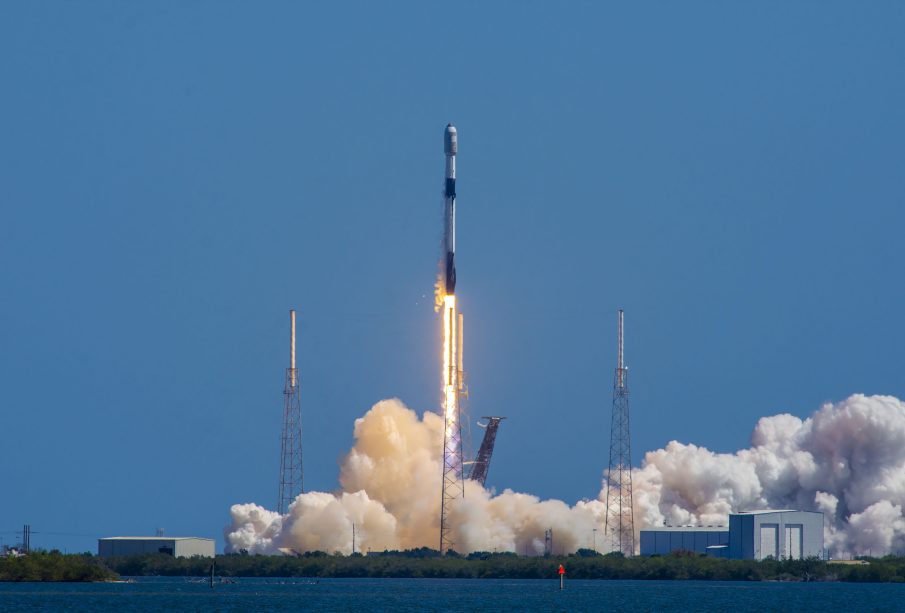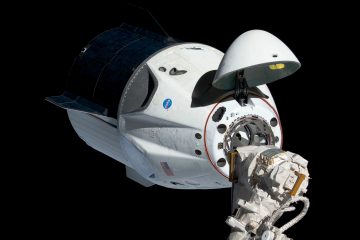How SpaceX is Redefining the Future of Space Travel

Introduction
SpaceX, founded by Elon Musk in 2002, has emerged as a pivotal force in the modern aerospace industry. With the mission to reduce space transportation costs and enable the colonization of Mars, SpaceX’s technological advancements are redefining the future of space exploration. The company’s recent milestones, including successful crewed missions and plans for interplanetary travel, emphasize its significance in making space more accessible.
Key Developments and Achievements
Over the past few years, SpaceX has achieved remarkable strides in rocket technology and reusable spacecraft. In May 2020, SpaceX became the first private company to send astronauts to the International Space Station (ISS) with the Crew Dragon spacecraft. This mission, part of NASA’s Commercial Crew Program, marked a new era in public-private partnerships in spaceflight.
On September 1, 2023, SpaceX launched its first all-civilian mission, known as the ‘Inspiration4,’ which successfully orbited Earth for three days, setting a precedent for future tourist missions. In addition to crewed flights, the company continues to innovate with its Starship rocket, designed for deep-space missions including those intended for Mars.
Commercial Launch Services
SpaceX has also become a major player in commercial satellite launches, often undercutting traditional aerospace competitors. The Falcon 9 rocket, known for its reusability, has successfully launched an extensive number of satellites into orbit, drastically reducing the cost of space access. As of October 2023, SpaceX has launched over 200 Falcon 9 missions, placing more than 3,000 satellites into low Earth orbit.
Future Visions and Mars Colonization
Looking ahead, SpaceX’s long-term objectives are ambitious. The Starship program aims not only to facilitate flights to Mars but also to establish a human settlement there. With tests continuing into 2024, experts suggest that if the current pace and innovation continue, crewed missions to Mars could happen as early as the late 2020s, aligned with Musk’s vision of becoming a multiplanetary species.
Conclusion
SpaceX presents a transformative vision for humanity’s relationship with space. By significantly reducing launch costs and developing technologies for long-duration space travel, the company is making significant advancements toward its overarching goal. As the aerospace landscape continues to evolve, SpaceX’s innovations herald an exciting future where space exploration and tourism may become a reality for the general public. For readers, understanding SpaceX’s impact emphasizes the pivotal role of private industry in shaping the new age of space exploration.





